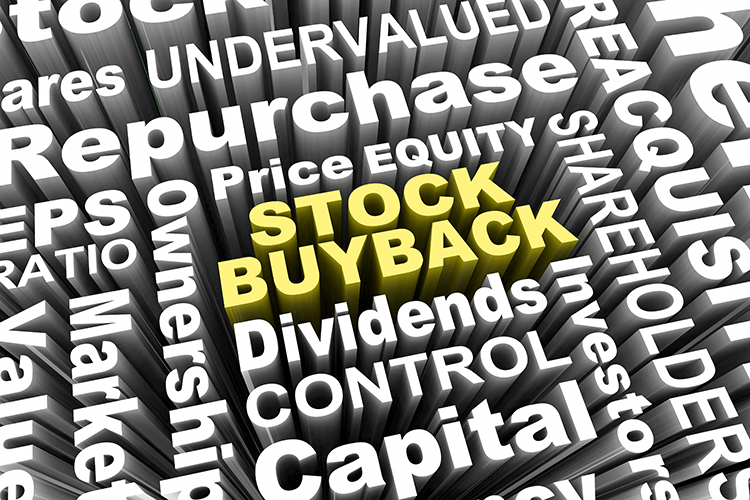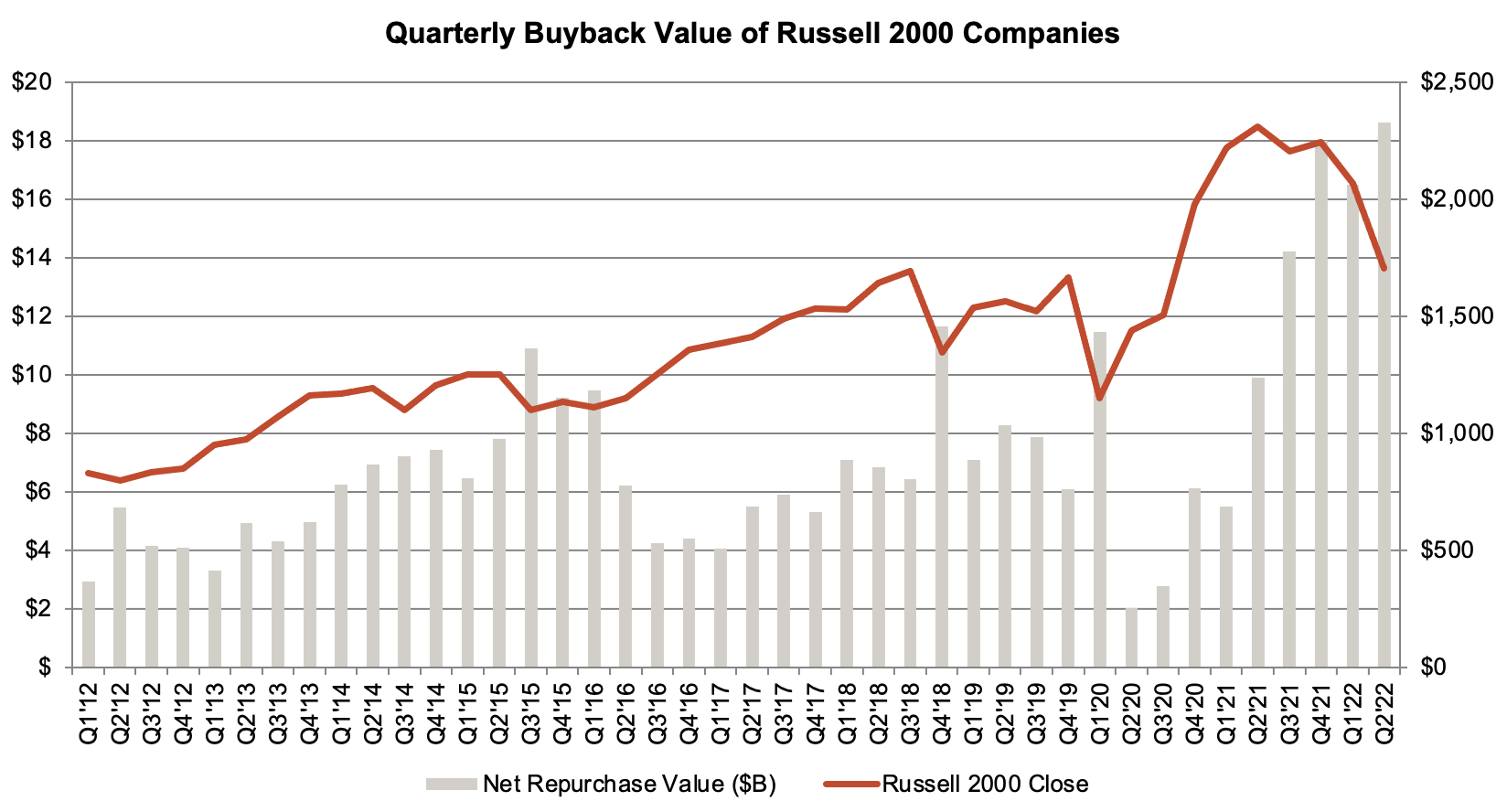Bookkeeping
Stock Buybacks Meaning, Reasons, Methods, & Considerations

This may leave investors wondering why the company isn’t using its money to grow the business. It can leave the impression that the business isn’t making the best use of its capital. A company may fund its buyback by taking on debt, with cash on hand, or with its cash flow from operations. Companies usually give their employees and executives stock rewards and stock options as part of their compensation. Companies usually buy back shares of their stock to increase the value of the remaining shares by reducing the supply of them.
Strong Buy Stocks for November, 2024
- Reducing the number of shares outstanding on the market increases the proportion of shares owned by investors.
- If the reason for the share buyback is to maximize shareholder value, then it is a good thing.
- However, as an investor it is important to understand the motives of such a move, so the true value of the company can be determined.
- Sustainable, long-term value creation stems from growth and operational improvements – as opposed to just returning cash to shareholders.
- Frequently, officers and directors are precluded from participating in tender offers.
Stock options have the opposite effect of share repurchases as they increase the number of shares outstanding when the options are exercised. There is debate about whether stock buybacks are the best use of a corporations excess capital. Like most other practices, there are pros and cons as this article has shown. Even though the primary impact of a stock buyback is to increase the value of that stock, there are numerous benefits to the economy at large. Indeed, the data show that over half (56%) of US citizens now own stock in some capacity– whether it be via pensions, 401ks, or investment accounts– of which all stand to benefit from higher stock prices. What is more, some companies will borrow money to fund a stock buyback, and a debt-based stock buyback can negatively influence a company’s cash flow.
Trinity Capital Stock Up 1.8% on Announcement of Share Repurchase Plan
Buybacks can be good if they return excess cash to shareholders, increase shareholder value, and signal confidence in the company’s valuation. However, they may be considered bad if they are used to artificially inflate stock prices, mismanage capital, or neglect investment in the company’s growth. Ultimately, whether a buyback is good or bad must be evaluated on a case-by-case basis, taking into account the company’s financial health, the timing of the buyback, and the broader economic conditions. For example, stock buybacks can increase earnings per share since fewer outstanding shares exist, but they do so at the expense of cash on the balance sheet, which is also typically factored into valuation. If anything, responsible buybacks can be a driver of long-term stock price increases if management buys back shares for less than their intrinsic value. Texas Instruments represents a compelling candidate for potential near-future buybacks, primarily due to its status as a mature company with significant cash reserves of almost $10 per share.
Sustainability of Trinity Capital’s Capital Distributions
If a company buys back $10 million in stock this year and $8 million next year, investors won’t give it nearly the same scrutiny as if the dividend was cut by 20%. However, let’s say the company buys back 1 million shares of stock — reducing its share count to 9 million — and earns $20 million again next year. Now, because there are fewer shares, the company’s earnings are $2.22 per share. It appears that earnings grew by 11%, even though the company generated the exact same amount of profit. Below, we’ll look at how share-repurchase programs work, why a company might choose to buy its own stock, and how these share-buyback programs affect investors.

Suppose a publicly traded wants to return some of its profits to investors. Instead of giving them cash, a company can choose to buy back shares of its own stock, effectively taking them out of circulation. But a competent CEO who spends cash on a buyback even after investing effectively in operations?
Companies commonly raise equity capital through common and preferred shares. However, a company may repurchase its shares to reduce the cost of capital, consolidate ownership, preserve stock prices, and boost its key financial ratios. Share buybacks are a way to return cash to shareholders instead of through dividends. Nike emerges as a promising candidate for potential near-future buybacks, bolstered by its status as a mature company with ample cash reserves. Recently, Nike took decisive actions to streamline operations, including cutting expenses and implementing significant staff layoffs amid operational volatility. These tough but strategic decisions underscore Nike’s commitment to maintaining financial stability and efficiency.
Companies must communicate their stock buyback plans to shareholders and provide updates on the program’s progress. By repurchasing shares, management effectively signals that they believe the company’s stock is trading below its intrinsic value. He has been writing on stocks for over six years and has also owned his own investment management and research firms focused on U.S. and international value stocks, for over 10 politico analysis years. In addition, he worked on the buy side for investment firms, hedge funds, and investment divisions of insurance companies for the past 36 years. Lately, he is also working as Chief Strategy Officer for a tech start-up company, Foldstar Inc, based in Princeton, New Jersey. But perhaps the best rebuttal of buyback criticism is the fact that almost all companies that pursue large buybacks have free cash flow (FCF).
So, in addition to their dividend policies, companies like these tend to embrace buybacks as a way to create shareholder value. A stock buyback is one of the major ways a company can use its cash, including investing in its operations, paying off debt, buying another company and paying out the money as a dividend to investors. On the other hand, buybacks done just to boost a company’s EPS or done regardless of price or valuation could potentially be a negative driver of long-term value. For example, many companies are flush with cash in strong economic environments, but their valuations are also high. Indiscriminately buying back stock in cases like this can result in the company overpaying for its shares and eroding value over time. It typically does so on the open market, just like you and I would buy shares of a stock.
